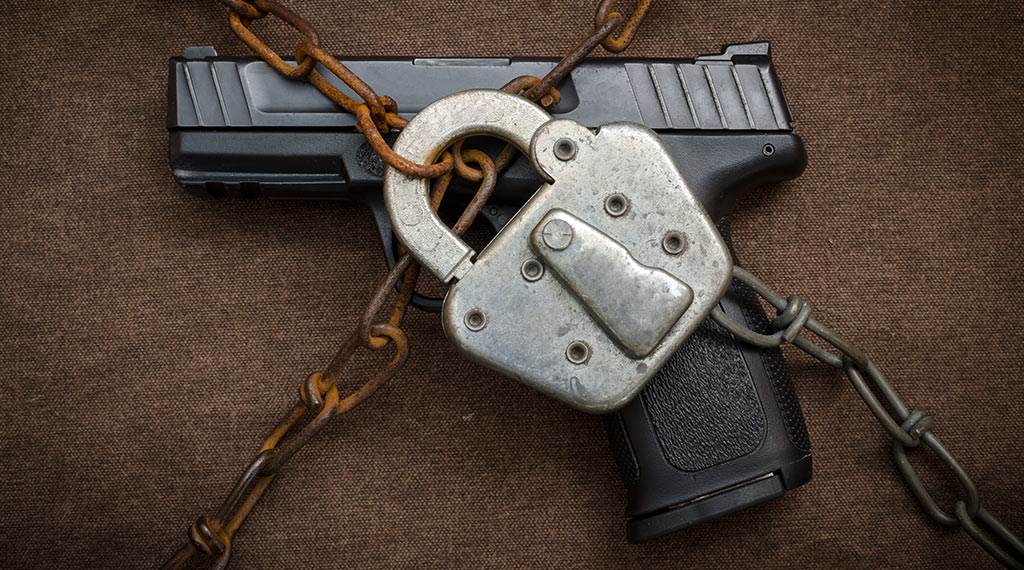The United States is not like the rest of the world on gun control

If you’re an American, how you think about guns is usually related to three factors: What part of our country you grew up in; what you learned from your parents, relatives and friends; and whether you served in the military. Whether you or your family may have also been a victim of violence can have “pro” or “con” effect on your view on guns, and it’s easy to understand either reaction.
Perhaps ironically, our two largest political parties haven’t had much to do with it, especially over the past few years; however, this is not without some major internal intricacies and oddities. For example: Far more Republicans are “pro-gun” than Democrats, but many Democrats from the South and West are also “pro-gun.” And, far more Democrats from the East and West coasts (and the big cities) are “anti-gun,” as are some notable “big city” Republicans.
And, Democrats remember— painfully — 1994, when, during the Clinton administration, the “assault weapons ban” was passed by Congress. The national political reaction was dramatic — a 54-seat “swing” to the Republicans in Congress — this after Democrats had enjoyed the majority in the House for 40 years!
This “political lesson” also explains: 1) why substantive gun-related legislation has not been passed since, 2) why the liberal Obama administration totally avoided “gun issues” during its first term, and 3) why Democrats didn’t raise gun control issues during the 2012 and 2016 campaigns.
In fact, the legislative and judicial mood of the country was clearly headed in the opposite direction — propelled by a steadily enlarging popular consensus — with “right to carry” and “castle doctrine” legislation passing in many more states. And, the Supreme Court ruled against the Washington, D.C. gun ban, while other federal courts ruled against the Illinois gun ban. “Gun bans,” by the way, simply don’t work to control urban gang violence, such as we have in Washington, D.C., Chicago, and Los Angeles. Violent criminals, especially drug-centered ones, will always have guns, while the law-abiding citizenry comply with bans.
Finally, so-called “mass shootings in America” — perpetrated mostly by the mentally ill — actually increased slightly during the 10-year assault weapons ban, destroying the basic “cause and effect” assumption of the sponsors of the ban. The lesson here? Simple: Taking guns away from honest people doesn’t keep them away from criminals or crazy people — that’s a whole different problem.
Our Constitution assures us of the “right to bear arms” — even more emphatic, it also says that the right “shall not be infringed.” Perhaps even more important, especially in this context, our Constitution establishes many of our basic “rights” in the form of prohibitions — on our government — i.e., things our government just can’t do. As a result, Americans will continue to own guns, with few limitations, just as we continue to enjoy free speech. In fact, nothing short of a constitutional amendment can change this so long as we exist as a nation. The rest of the gun debate is mostly about definitions, not basic concepts — and we all know this.
Click HERE to read more.
- Putin’s Cold War II - February 2, 2022
- How the US is its own worst enemy - January 26, 2022
- Let’s correct the “Star Wars” record: Reagan had it right - December 10, 2021
